Category: Defence
News & events
-
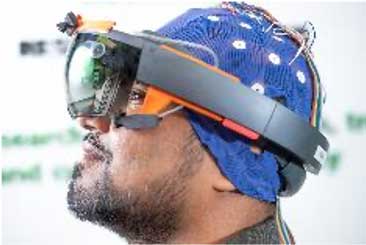
Medical devices and technology
—
Enormous advancements in health care can provide correspondingly enormous impacts in Defence applications. Our research…
-
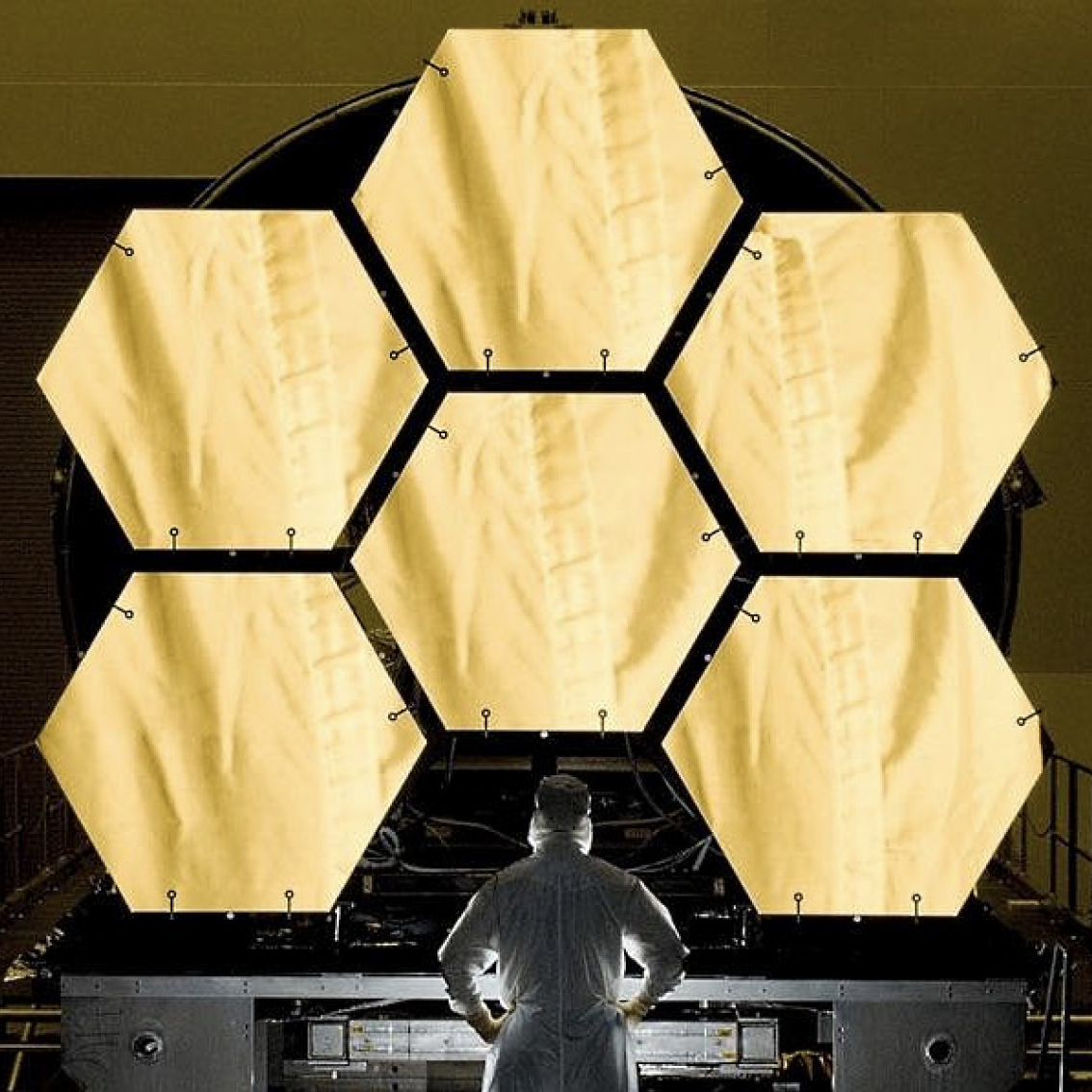
Materials design and modelling
—
Our materials design and modelling capabilities span the full range of length-scales from individual atoms…
-
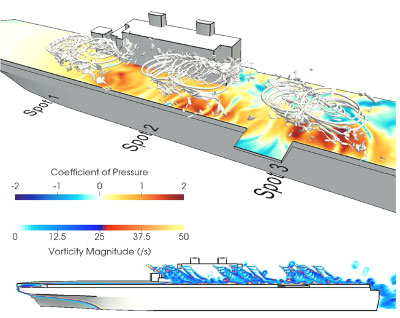
Computational design and engineering
—
We have longstanding collaborations with defence in developing and translating state of the art computational…
-
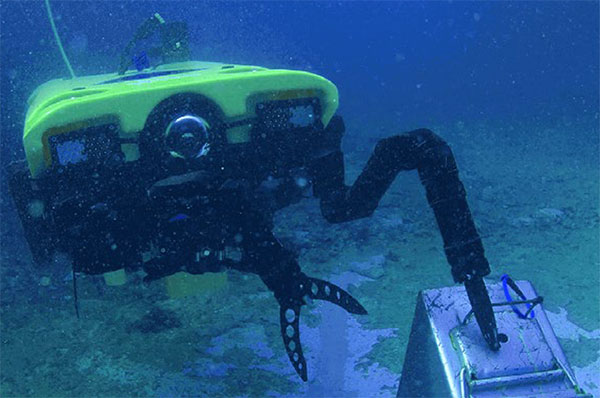
Robotics and machine learning
—
The Australian Centre for Field Robotics (ACFR) is dedicated to the research, development and dissemination…
-

Networks, communications, cyber
—
Networks, communications, and cyber are arguably some of the fastest moving research fields that are…
-
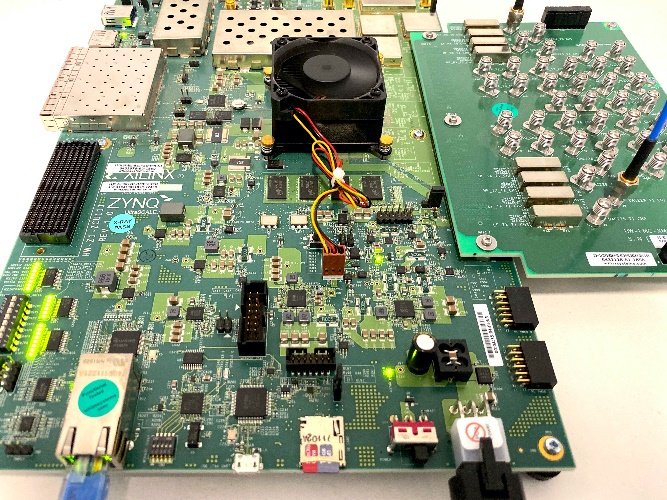
Computer engineering
—
The Computer Engineering Lab focuses on how to use field programmable gate array (FPGA), VLSI…
-
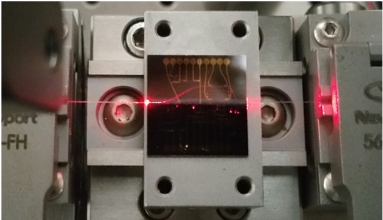
Advanced sensors and photonics
—
Our advanced sensors and photonics portfolio includes: The photonic engineering group has unique capabilities in…